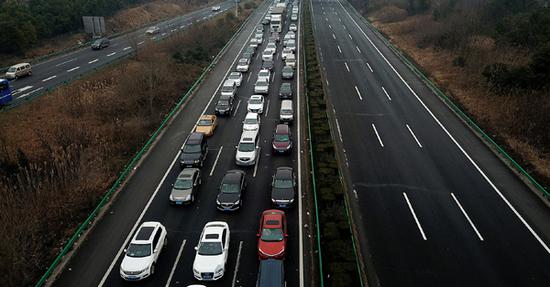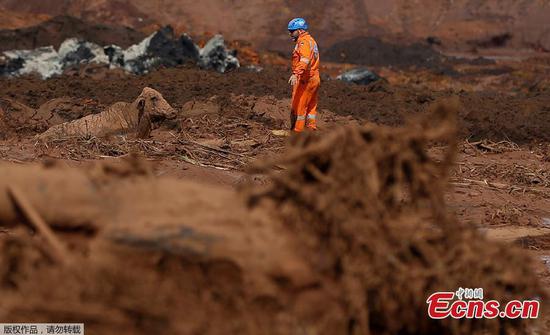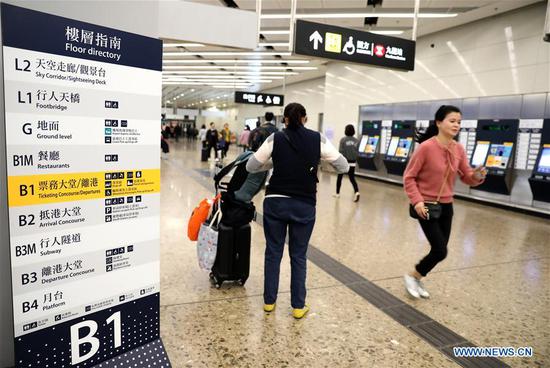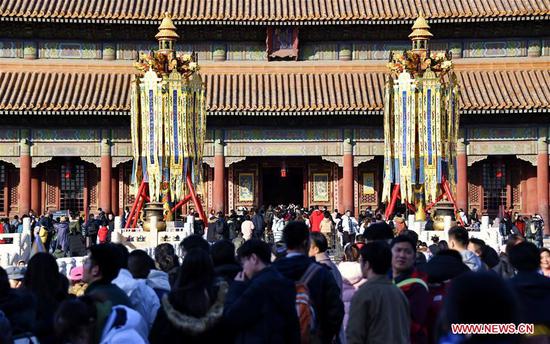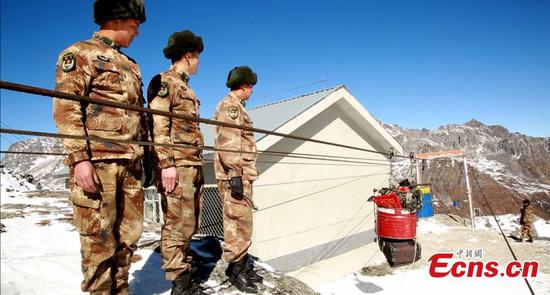Amid economic downward pressure, China continues to cut taxes and fees as part of its fiscal stimulus. Following a fresh round of personal income tax reductions earlier this month, new deductions for enterprises are set to be introduced in early February.
The measures were announced at a media briefing in Beijing by the State Taxation Administration, China's tax authority, on Tuesday.
They continue a trend set in 2018 when official data suggests China's tax cuts were expected to exceed 1.3 trillion yuan or nearly 190 billion US dollars.
"This time, we mainly focused on small businesses and startups. Starting this year, we will further expand the tax exemption and reduction list of both income tax and value-added tax (VAT) for these smaller players," said Cai Zili, director of the property and behavior tax department at the State Taxation Administration.
Chinese internet companies face intense competition in hiring talent and using cutting-edge technology. The online learning platform of New Oriental, China's leading private educational service provider, is one of them.

The online learning platform of New Oriental shares the benefit of China's ongoing effort to cut corporate taxes and fees, especially for high-tech industry. /CGTN Photo
The online learning platform of New Oriental shares the benefit of China's ongoing effort to cut corporate taxes and fees, especially for high-tech industry. /CGTN Photo
Located in Zhongguancun, known as Beijing's Silicon Valley, the tech firm is also eager to invest more in developing its remote English teaching system. The motivation to do so is being facilitated by the nation's ongoing effort to cut corporate taxes and fees, especially for the high-tech industry.
"We were expected to enjoy as much as 25 percent more income tax deductions in our research and development costs in 2018," said Li Xue, the finance director of New Oriental Xuncheng Network Technology.
"This not only allows us to afford more pay for our hi-tech staff but we can also develop more in sectors such as artificial intelligence. Entering 2019, we hope we could enjoy more deductions in taxes such as the VAT."
A week ago, China announced its 2018 annual GDP growth rate of 6.6 percent, a 28-year low. As experts point out, the large-scale deductions aim to boost market vitality amid slower economic growth figures.
"It helps the restructuring of our economy, especially on the supply side. And this is an effective response to the latest round of global tax cuts. By adjusting the structure of our taxation system, we can better cope with the changing international economic situation," said Professor Li Xuhong of Beijing National Accounting Institute.
When CGTN asked whether the preparation work to carry out the latest corporate tax cuts can be carried out within such a short time, the authorities admitted that a lot of work lies ahead, particularly in training and the upgrading of its electronic service system.













